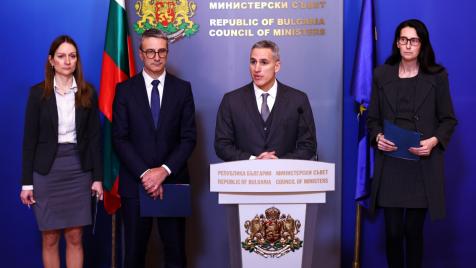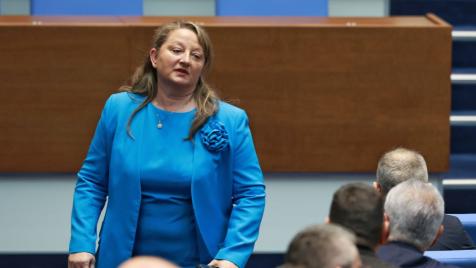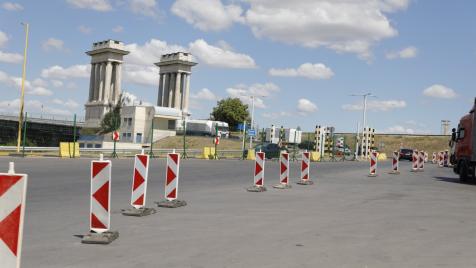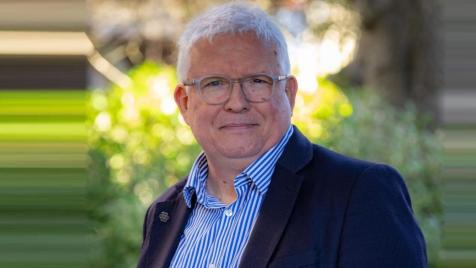Without the Rule of Law, Democracy Mutates into an Oligarchic System
Икономиката се нуждае от по-бърз растеж и съкращаThe economy needs faster growth and shortening of the time for reaching 70% of the European standard of livingване на времето за достигане на 70% от европейския жизнен стандарт
Assoc. Prof. Dr. Ivan Kostov, Prime Minister of Bulgaria in the period 1997 – 2001:
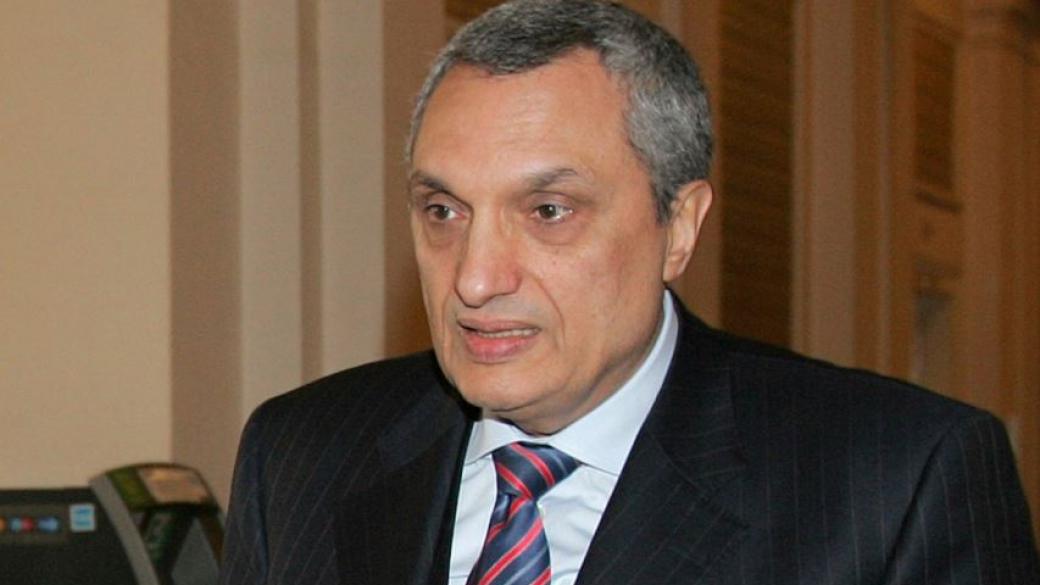
Mr. Kostov, you are the winner of the Mister Economy 1991 award. In a publication from that time we read: “The second contest took place while the coalition government of Dimitar Popov was in power, followed by the enthusiastic beginning of the market reforms in Bulgaria. This attitude also influenced the nominations for the award of the more radical supporters of the economic reforms in Bulgaria - Ivan Kostov, Ventsislav Dimitrov, Emil Harsev.” What mark did these first years leave on you, during which the foundation of the market economy was set?
From a university lecturer, I became a publicist and a very critical voice of the economic vices of Communism. It was a great change for me, especially my first interview with the Bulgarian National Television. From the very beginning, I have not defended the radical market reforms and I have been against the stabilization of the status quo. The Bulgarian Communist Party insisted on the later due to the crisis, and then, due to the devastating consequences of the moratorium on the servicing of Bulgaria’s foreign debt imposed in the spring of 1990.
Economy Magazine and the democratic changes in Bulgaria started in 1989. Now, 30 years later, do you find the big enthusiasm for changes at that time justified?
It is not true that the democratic changes started in 1989. This is the theory of the Bulgarian Communist Party. They started with the removal of Art. 1 from the Constitution in January 1990. If it weren’t for the enthusiasm of a relatively small group of people, the changes would have happened much later.
Looking back, in your opinion, which were some of the most important steps that changed Bulgaria for the better?
The creation of a market economy in Bulgaria has not yet lead to the necessary media and scientific interest. There is no public debate on these processes. Our society is shrouded in fraudulent myths concerning these topics. The most important steps are privatization, the return of the nationalized urban property, the return of the agricultural lands and forests and the concessions. Then come the liberalization of prices, exchange rates and investments.
There are no ifs in history, but what are some of the big mistakes which it would have been better to avoid?
The biggest mistake was that we did not carry out decommunization among students and children, just as Konrad Adenauer did with the National Socialism in the Federal Republic of Germany.
What is driving changes today?
If there are such changes, their weak driver is external - our membership in the EU and to a lesser degree – in NATO.
The currency board was introduced days after you became prime minister and assumed the government of Bulgaria in 1997. Has the time for joining the Eurozone come now?
I am not proud of the suspension of the sovereign right of the Bulgarian National Bank to make monetary policy by introducing a currency board. The Bulgarian banking system continues to be a source of risks from related parties and non-performing loans. The audit of the European Central Bank this year will show whether these risks are confined to the required limits. What is more, the rule of law is still absent in Bulgaria. It is also possible and, practically, it does happen that other people’s property is taken away illegally. While we are being monitored under the Cooperation and Verification Mechanism, we continue to bear different risks for the Eurozone.
Can the entry into the Eurozone have the effect of a “shock therapy” or just of a shock for the majority of the population?
We cannot talk about a “shock therapy” at all. Apart from being inaccurate, it is a debasement of Jeffrey Sachs’ policy and theory of rapid market reforms applied by Leszek Balcerowicz in Poland. Part of the population will experience a “shock” if it does not notice that the double reduction of income is both a change of the levs in euros and does not see that the same has happened with prices.
You are the head of the Risk Analyses and Management Centre. What risks for Bulgaria and the Bulgarian economy are outlined in your analyses and forecasts for the near future?
The most dangerous for Bulgaria are the social insecurity and the lack of political stabilization, which can be achieved with the full mandate of the parliament and the government. There are significant risks of Russian hybrid aggression against our country, which is particularly vulnerable in this regard for many reasons, including historical ones. To me the greatest risk is the lack of the rule of law, which has opened the way for a mutation of the Bulgarian democracy into an oligarchic system.
Since 1989, the Bulgarian economy has undergone many interventions with the purpose of becoming a healthy one. What does it need now?
The economy and the demographic crisis need faster growth and shortening of the time for reaching 70% of the European standard of living. Then, as the experience of Greece and Portugal shows, we can hope to start the reverse process of mechanical migration and return of Bulgarians into their homeland.
How to create the prerequisites for this faster growth is a big issue, which in our country is based on the low quality of the public environment and the infrastructure. In turn, they are due to the very small and weak state, which has abdicated from many of its modern functions.
In the 1990s, Bulgaria’s business card was the cheap but qualified workforce. Did that position us as the poorest country in the EU for such a long time?
No! We took the place of the poorest country in the EU after the two national economic catastrophes in 1990 and 1997. Then, the Bulgarian Communist Party/Bulgarian Socialist Party caused a triple decline in the GDP per person, devalued 1000 times the national currency, and thus, the national capital.
Especially in the first years of change, media were an important factor. How do you see their role today?
I will not comment on the previous or the current role of Bulgarian media.
Is there a question that you would like to ask through our magazine?
No.
What would you wish to Economy Magazine for its anniversary?
Higher circulation, more expertise and a tribune for real economic debates.

 Tatyana Yavasheva
Tatyana Yavasheva 